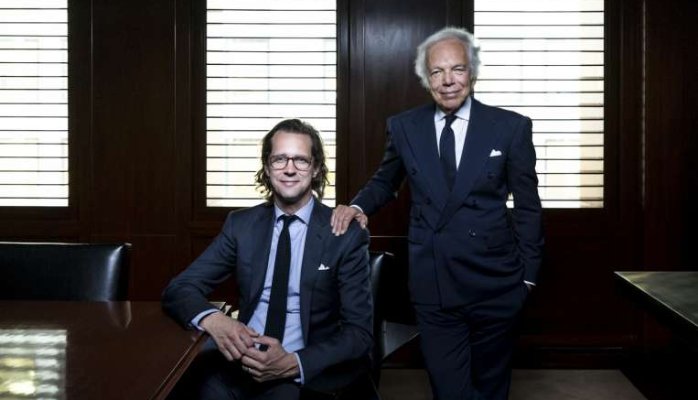Most succession plans are too idealistic, burdened by unrealistic expectations thus designed to fail. Here is how you can avoid this approach.

We use cookies to help you navigate efficiently and perform certain functions. You will find detailed information about all cookies under each consent category below.
The cookies that are categorised as "Necessary" are stored on your browser as they are essential for enabling the basic functionalities of the site. ...
Necessary cookies are required to enable the basic features of this site, such as providing secure log-in or adjusting your consent preferences. These cookies do not store any personally identifiable data.
Functional cookies help perform certain functionalities like sharing the content of the website on social media platforms, collecting feedback, and other third-party features.
Analytical cookies are used to understand how visitors interact with the website. These cookies help provide information on metrics such as the number of visitors, bounce rate, traffic source, etc.
Performance cookies are used to understand and analyse the key performance indexes of the website which helps in delivering a better user experience for the visitors.
Advertisement cookies are used to provide visitors with customised advertisements based on the pages you visited previously and to analyse the effectiveness of the ad campaigns.

Most succession plans are too idealistic, burdened by unrealistic expectations thus designed to fail. Here is how you can avoid this approach.

Work should inspire, unite people to do amazing things; this should not be ideal but the norm in companies. A reflection to mark our 11th anniversary.

Like building a house, without a master plan, these useful strategies will end up as a jumble of poorly executed ideas which are then swiftly discarded. Instead of jumping onto the next consulting fad, companies should look within and identify their own unique way of creating value.
The 3 types of profit that leaders must generate to deliver transformative growth.
Tại sao trong sáng tạo, ý tưởng sáng tạo không thôi có giá rất rẻ; nghiên cứu để có những hiểu biết sâu sắc về ý tưởng sáng tạo lại rất hiếm và cách thức hiện thực hoá ý tưởng sáng tạo mới là chìa khóa dẫn đến thành công?
Trong thực tế, rất nhiều lãnh đạo liên tục phải quản trị những đội nhóm yếu kém với đầy những cá nhân ngại thay đổi trong khi người lãnh đạo phải cố gắng quản trị tất cả những tính xấu thuộc về bản chất của mỗi con người.
It is hard to find people who do not complain about their work or colleagues. But when probed further, you will find that many want to do work that is fulfilling, and collaborate better with colleagues. So how can you bring joy back to your workplace?
Why ideas are cheap, insights are rare, and implementation is key when it comes to innovation.
Why companies should not be fixated on information collection but information action.
Why companies need to get involved in interfaith and intercultural dialogue.
Why companies succeed better when they acknowledge human weaknesses and harness them instead.
Lessons we can learn from China’s Long March towards Creativity and Innovation.